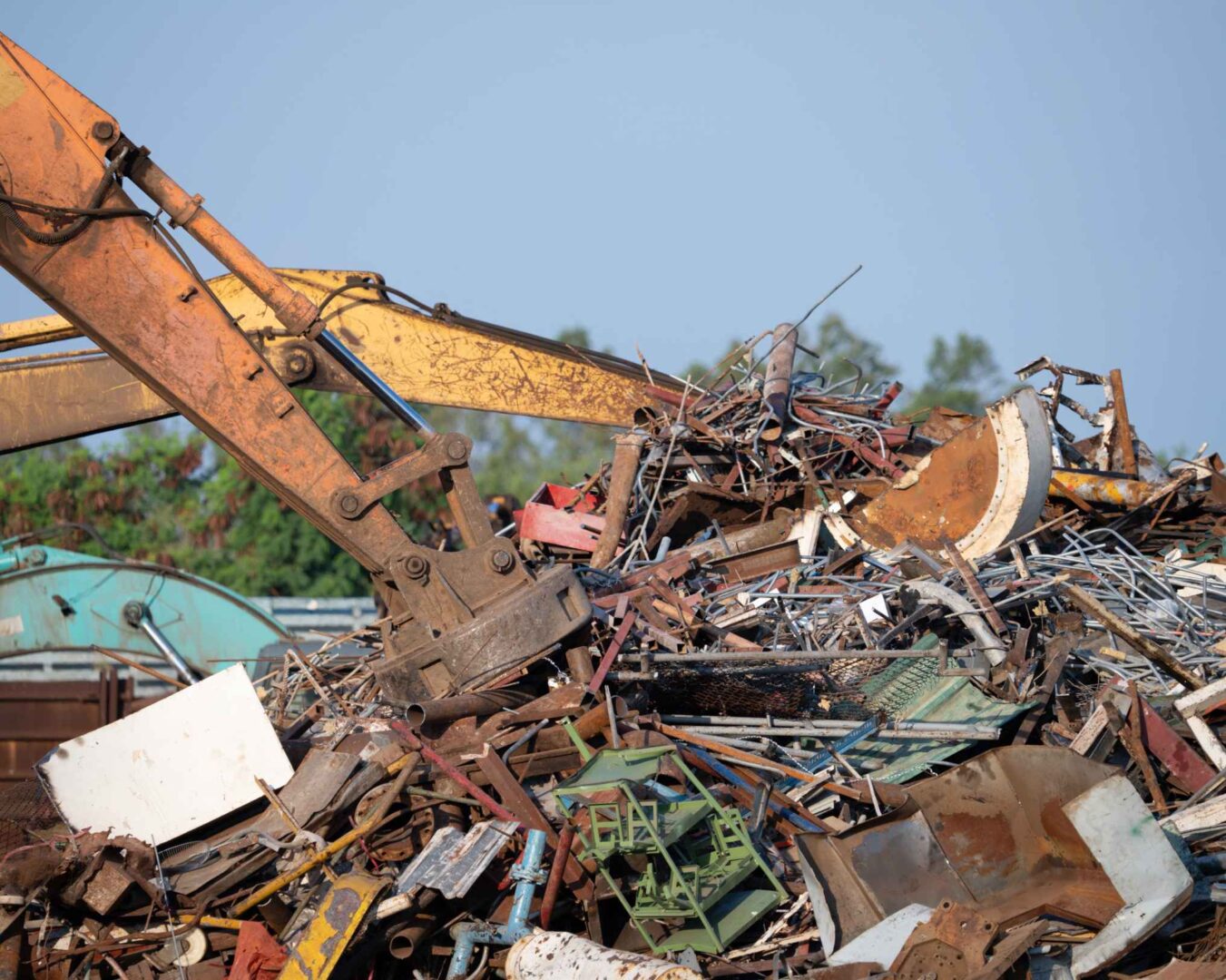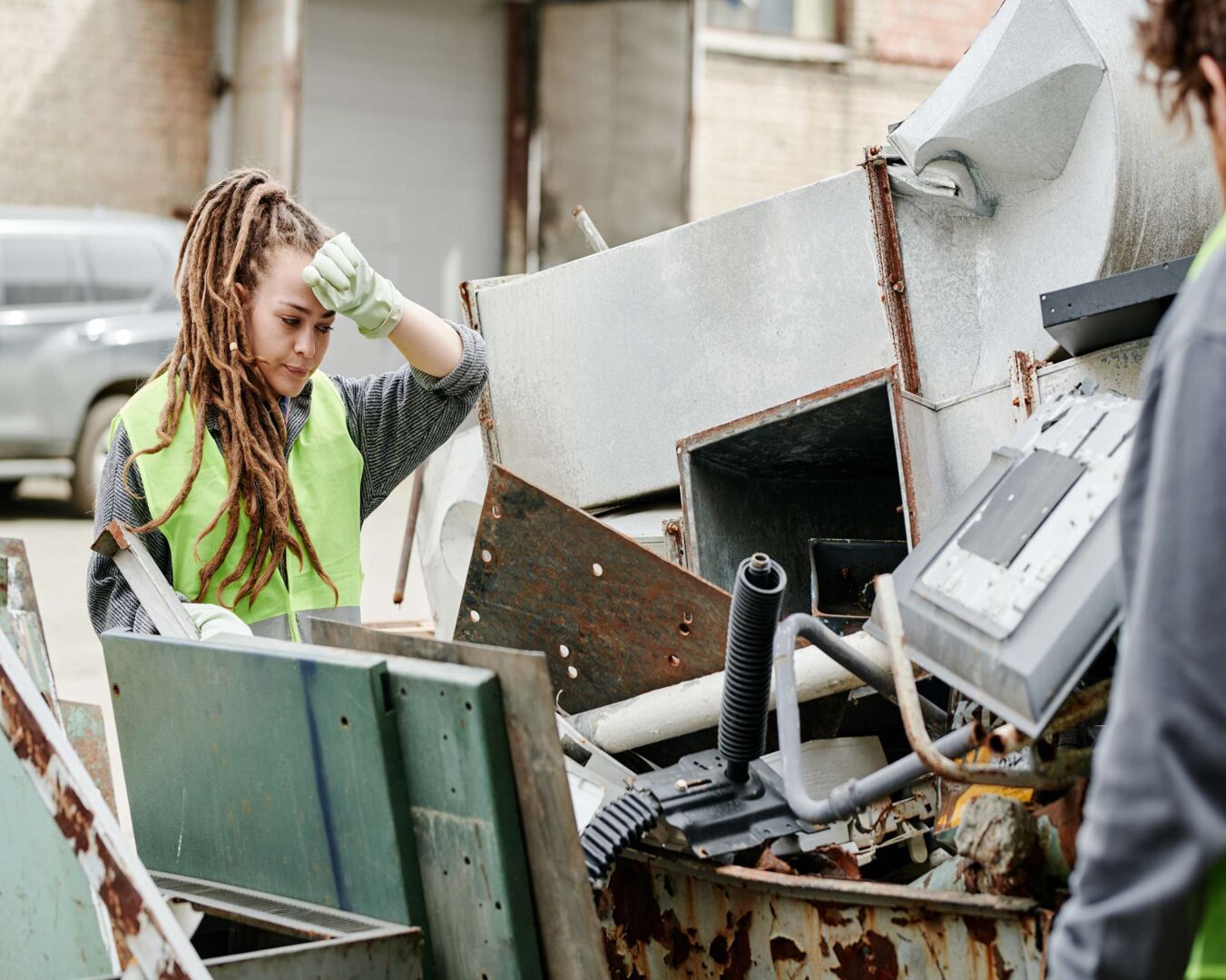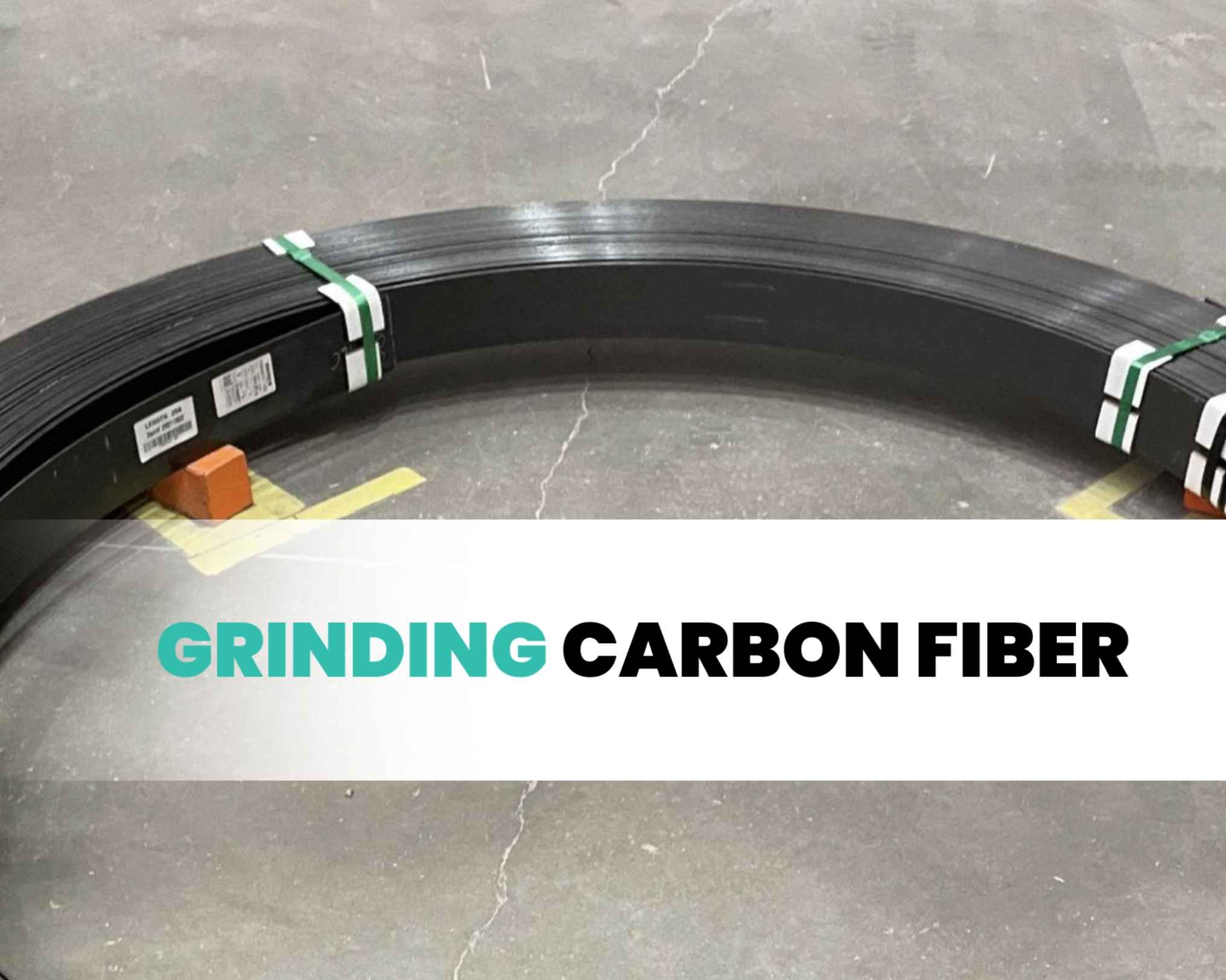Table of Contents
The Age-Old Challenge of Overstocked Merchandise
E-commerce has revolutionized our purchasing behaviors, but it’s not without its challenges. A growing issue in the online retail world is excess inventory. Those products piling up in warehouses, creating logistical nightmares, eating up space, and potentially becoming obsolete. As businesses grapple with these challenges, many turn to traditional methods like commercial liquidation. However, this approach often falls short of addressing the root of the problem.
Many companies find themselves with surplus goods due to forecasting errors, changing market demands, or unexpected global events. It’s not just the physical space these items occupy.
Think of the money tied up in them, the cost of maintaining that space, and the diminishing value of those items as they sit.
Traditional Liquidation and Its Pitfalls
When thinking about offloading excess inventory, the first word that often comes to mind is ‘liquidation’. While it may seem like a quick solution, traditional Commercial liquidation channels come with a myriad of drawbacks.
- Time-Consuming: Liquidation can stretch up to 90 days, which adds holding costs.
- Meager Returns: Expecting a financial recuperation? Often, you’ll only get back 5-10% of the product costs.
- Environmental Concerns: Ever wondered where these products end up? Many are disposed of unsustainably, amplifying your carbon footprint.
Behind Liquidation: The Unseen Consequences
Often, businesses fail to see the indirect consequences of Commercial liquidation beyond just the financial implications. This method can inadvertently harm brand reputation. Imagine a consumer seeing a high-end product being sold for pennies on the dollar. The perceived value of that brand diminishes, potentially affecting future sales and brand loyalty.
Emerging Methods: Recycling, Incineration, and Landfills
While there’s a growing wave to adopt environmentally friendly disposal methods, recycling, incineration, and landfills still reign supreme. But are they the best solutions?
- Recycling’s Reality: Not all products are recyclable, and the process itself can be resource-intensive.
- Incineration’s Impact: Burning products releases harmful chemicals, impacting air quality and public health.
- Landfills’ Longevity: These take up space and can leach harmful substances into the ground, affecting water quality.
Short-Term Fixes vs. Long-Term Impacts
While recycling or incinerating unwanted inventory may seem like effective short-term solutions, we must ask: At what cost? The ecological footprint of these processes, especially when practiced on a massive scale, is monumental. Are we willing to sacrifice our planet’s health for immediate inventory solutions?
Beneficial Reuse: A Game Changer in Inventory Management
Beneficial Reuse isn’t just a fancy term, it’s an actionable solution that transforms your ‘unwanted’ inventory into value-driven opportunities.
- What It Is: In simple terms, Beneficial Reuse is redirecting items destined for recycling, incineration, or landfill, ensuring they find a new, meaningful purpose.
- Economic Advantages: Swift turnaround times (3-5 days), massive tax credits (up to 17.5% of total donation), and massive cost savings (up to 50% on waste management).
- Community Impact: Rather than disposing of usable products, they’re given to those who can genuinely benefit from them, helping local communities and boosting your public image.
Reframing the Overstock Narrative: A Lesson in Perception
The concept of ‘waste’ or ‘excess’ is largely a human-made idea. In nature, one entity’s waste is another’s resource. By applying this principle to overstocked inventory through Beneficial Reuse, businesses can cultivate a mindset that views excess not as a challenge, but as an opportunity for positive change.
Comparing Commercial Liquidation to Beneficial Reuse: Which Wins?
While both avenues aim to address the problem of surplus inventory, one provides a comprehensive solution for businesses, communities, and the environment.
- Financials: Liquidation recoups a fraction of costs. In contrast, Beneficial Reuse can yield tax benefits that often outweigh liquidation savings.
- Environment: Beneficial Reuse focuses on minimizing wastage, promoting a circular economy, and driving sustainability.
- Operational Efficiency: With faster turnaround times, Beneficial Reuse trims down storage expenses, logistical planning, and more.
Beyond Balance Sheets
While the economic advantages of Beneficial Reuse are evident, the societal ripple effects are equally profound. Businesses that adopt this method inadvertently foster stronger community ties. They become not just sellers but contributors to a greater societal good, and in the eyes of the consumer, they transition from mere brands to responsible community members.
Concrete E-commerce Scenarios Where Beneficial Reuse Shines
Let’s dive into specific situations in the e-commerce world where Beneficial Reuse offers an unmatched solution:
- Overstocked Products: Retailers and manufacturers can convert surplus into societal goodwill, supporting sustainability and those in need.
- Returns: Rather than grappling with return complexities, businesses can donate these items, reinforcing a commitment to sustainability and responsibility.
The Digital Facet of Beneficial Reuse
E-commerce giants like Amazon are increasingly harnessing technology to facilitate Beneficial Reuse. Advanced algorithms can now predict overstock trends and digital platforms can channel these products seamlessly to needy communities or sectors. Embracing technology doesn’t just improve business efficiency; it can be a cornerstone of responsible corporate behavior.
The Bottom Line
In today’s conscious market, businesses are seeking solutions that are economically viable, socially responsible, and environmentally friendly. Beneficial Reuse is not just another method; it’s a transformative approach, turning potential waste into tangible good. It’s about reimagining a world where surplus products are seen not as burdens, but as opportunities to foster connections, support communities, and champion sustainability.




